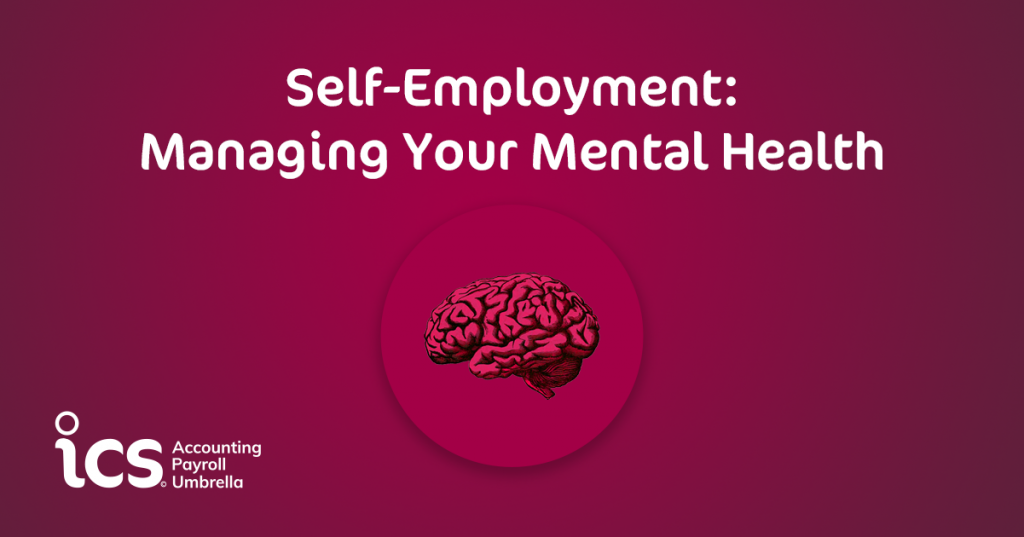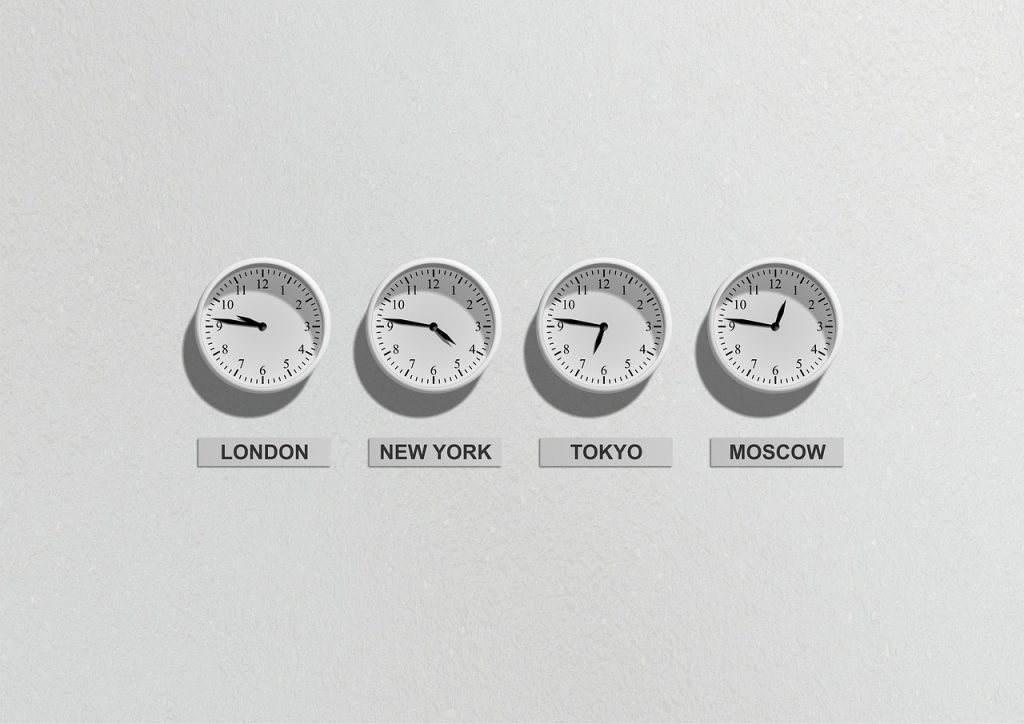
Self-employment can be a double-edged sword when your mental health takes a hit. On the one hand it provides flexibility, higher rates of pay and the freedom to choose the work you undertake. However, it also requires long hours, acute organisational skills, high pressure and a good chance of spending your days alone. We’ve looked at the most common reasons for freelancer mental health issues and some preventative measures that can be taken to minimise the risk.

Working Hours
The average UK worker spends 34 hours and 26 minutes a week at work, but as we know, the self-employed are not your average worker. In a 2017 survey of 1,386 participants it was found that those running their own business were much more likely to be working over 46 hours a week! So it’s really no surprise that rates of burnout and difficulties with mental health are rife in this sector.
Working long hours isn’t necessarily a problem, however those that are spending so much of their week being productive often neglect their health by skipping meals, not getting enough sleep and isolating themselves from friends and family. Those in permanent employment struggle to comprehend the pressure that comes with being your own boss, especially when the success of your business directly correlates with being able to pay bills and afford the things you need to maintain a satisfactory quality of life.
To reduce your working hours, a good place to start is tracking your time. By seeing where your time is spent and prioritising the activities that you need to do in order to make money you can be comfortable leaving the non-essential activities to another day. This also gives you an idea of which functions you can viably outsource as you can give each task a monetary value based on your own charge out rate.
Another useful activity is assessing the systems you have in place. If you’re spending time manually updating your social media pages each day, maybe a post scheduling tool such as Buffer, MeetEdgar or Hubspot could buy you a couple of extra hours a week and every little helps!

Isolation
Whilst going it alone means you get to avoid the office politics *high five* it also means that you don’t spend the day in an office around other people or have a HR manager to speak to if things get too much. A 2018 study by Epson found that almost half of freelancers (48%) were experiencing feelings of loneliness and 46% found their work isolating. These numbers are striking considering as of January 2020 over 15% of the UK workforce are self-employed!
Fighting feelings of loneliness and isolation can be difficult as it usually requires a certain amount of time and effort to get out and meet people. One easy way to minimise your isolation is to incorporate social settings into your working day. There is an ever-increasing number of coworking spaces being set up across the UK to cater for remote workers and not only in the big cities, we’ve highlighted some of the more idyllic spaces in a previous blog that can be found here. If there isn’t a good coworking space near you there’ll no doubt be small cafés and coffee shops that you can spend a few hours a week working in, the change of scenery could make all the difference.
Whether you’re getting out of the home office regularly or not, another sure fire way to combat isolation is to become an active member in an online group. There are plenty of different communities out there and there’ll likely be one specifically for your industry but a good place to start would be with general freelancer groups such as Freelance Heroes, Being Freelance and Freelance Mum. By meeting people in a similar position to yourself, whether at networking events or in a virtual setting, you can share your challenges with people who are most likely struggling, or have struggled, with the same.

Physical Health
There’s no denying that our physical and mental health are intrinsically linked so by taking care of one, we can help combat issues with the other. High levels of stress, lack of sleep, sedentary lifestyles and unhealthy eating habits all impact our overall wellbeing, but they can often feel like an unavoidable aspect of running your own business.
Small goals are a good way to begin making steps in the right direction and there’s no reason to spend money on a gym membership if you’re going to be too tied up with work to actually go. Start with 10 minutes of stretching each morning, then maybe progress to a brisk 30-minute walk, then maybe an hour of circuit training in your garden (if the British weather allows). The key is not to feel pressured to exercise, and don’t beat yourself up about missing a session, as this will only add to the stress you’re feeling.
Another great way of getting out and about is to join a freelancer walking club (locally we have Walk:Flow) as this not only takes care of your physical health but also provides an opportunity to network and share your progress with fellow remote workers. Who knows, maybe you’ll find yourself rambling alongside your next new client!
These preventative measures can all help you keep track of your mental health and provide a support system should you hit a rough patch. However, in the same way you’d call for help in a physical emergency, if you are experiencing a mental health crisis you should speak to a professional immediately. We’ve compiled a list of useful links and numbers for yourself and others to use in an emergency:
Samaritans 24/7 helpline: 116 123
NHS: 111 (or 999 when immediate harm could occur to yourself or another)
SaneLine: 0300 304 7000 (4.30pm–10.30pm every day)
Switchboard (LGBT Charity): 0300 330 0630 (10am–10pm every day)
Rethink Mental Illness: 0300 5000 927 (Monday to Friday, 9.30am to 4pm)
















